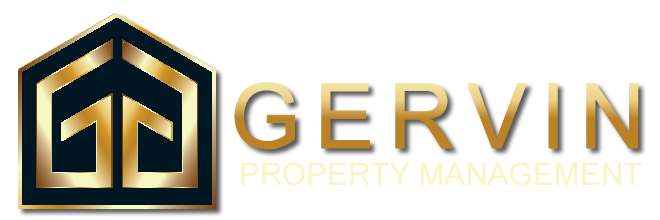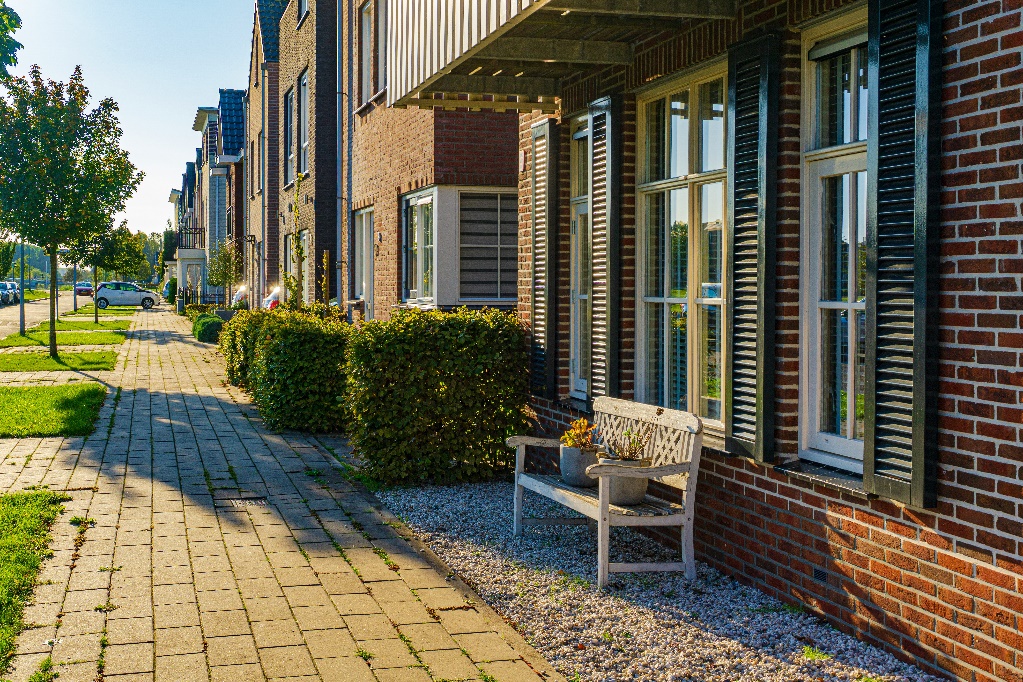The vibrant real estate landscape of New Jersey offers numerous opportunities for property ownership and investment. However, navigating the legal intricacies associated with property ownership and HOA management can be a complex task. Understanding key legal concepts and staying current with relevant New Jersey regulations is crucial for property owners and HOAs alike.
This article delves into some key legal considerations for New Jersey property owners and HOAs, empowering them to make informed decisions and manage their properties in compliance with the law.
Tenant Rights and Lease Agreements: A Foundational Framework
For rental property owners, understanding tenant rights and crafting iron-clad lease agreements forms the cornerstone of a successful landlord-tenant relationship. Here are some key aspects to consider:
New Jersey Fair Housing Laws: These laws prohibit discrimination based on race, religion, color, national origin, ancestry, sex, familial status, disability, sexual orientation, gender identity, or source of income (when applicable). Property owners and management companies must ensure all aspects of advertising, tenant screening, and lease agreements comply with these regulations.
Security Deposits and Landlord Responsibilities: New Jersey law dictates specific guidelines for handling security deposits. Landlords must return security deposits within a set timeframe after lease termination, with deductions only allowed for documented damages beyond normal wear and tear. Landlords are also responsible for maintaining habitable living conditions, including functioning utilities, and promptly addressing repairs that affect a tenant’s health or safety.
Lease Agreements: A well-drafted lease agreement outlines the rights and responsibilities of both tenants and landlords. Essential elements include rental amount, lease term, late fees, pet policies, maintenance responsibilities, and termination procedures. Consulting with an attorney familiar with New Jersey landlord-tenant law is highly recommended to ensure the lease agreement is legally sound and enforceable.
Legal Considerations for HOAs in New Jersey
Homeowner associations (HOAs) in New Jersey operate under a framework established by the New Jersey Uniform Condominium Act (NJUCA) and the Planned Real Estate Development Full Disclosure Act (PDFA). Understanding these legal guidelines is crucial for effective HOA management.
Governing Documents: Every HOA operates under a set of governing documents, which include the Declaration of Covenants, Conditions, and Restrictions (CC&Rs), Bylaws, and Articles of Incorporation. These documents establish the legal framework for the HOA, outlining the rights and responsibilities of homeowners, the HOA board, and the management company (if applicable).
Dispute Resolution and Mediation: New Jersey law prioritizes mediation as a first resort for resolving disputes within an HOA. HOAs should establish clear procedures for addressing resident grievances and encourage mediation as a means to reach fair and amicable resolutions before resorting to litigation.
Open Public Records Act (OPRA): NJ HOAs are subject to OPRA, which grants residents access to certain association records upon request. HOA boards must develop procedures for handling OPRA requests and ensure proper recordkeeping practices to fulfill these requests efficiently.
Legal Considerations for Property Maintenance and Repairs
Both property owners and HOAs have legal obligations regarding property maintenance and repairs:
Habitability Standards: Property owners, and in some cases, HOAs, are responsible for ensuring their properties meet basic standards of habitability. This includes providing working utilities, proper sanitation, and safe structural conditions.
Landlord Repairs: New Jersey law outlines specific responsibilities for landlords regarding repairs. Landlords must address repairs that significantly affect a tenant’s health or safety in a timely manner. Understanding these obligations and complying with them is crucial for avoiding potential legal ramifications.
HOA Maintenance Responsibilities: HOA governing documents typically outline how maintenance responsibilities are shared between the association and individual homeowners. These details may encompass common areas, landscaping, roof repairs, or exterior maintenance of individual units. Understanding these divisions of responsibility is essential for avoiding disputes and ensuring proper upkeep of the property.
Property maintenance companies in New Jerseyare a valuable resource for such cases.

Additional Legal Considerations
Beyond the topics discussed above, property owners and HOAs in New Jersey should be aware of additional legal considerations:
Lead Paint Regulations: Properties built before 1978 may contain lead paint, which poses health risks. Owners and property managers must comply with federal regulations regarding lead paint disclosure and abatement when necessary.
Eviction Procedures: Evicting a tenant in New Jersey requires following a specific legal process. Understanding and adhering to these procedures (grounds for eviction, notice requirements, court proceedings) is crucial for a successful eviction.
NJ Landlord-Tenant Dispute Resolution Services: The New Jersey Courts offer dispute resolution services to help resolve landlord-tenant issues. Both property owners and tenants can utilize these services to mediate disputes in a neutral setting.
Knowledge is Power in the Legal Landscape
Understanding the legal landscape is paramount for successful property ownership and HOA management in New Jersey. While this article provides an overview of key legal considerations, it is not a substitute for professional legal advice. Consulting with experts who understand New Jersey real estate law is highly recommended for owners and HOAs navigating complex legal issues or seeking guidance on specific situations. Real estate management companies in New Jersey might be the best option in these cases.
The Role of Property Management Companies in Legal Compliance
Property management companies in New Jersey play a crucial role in assisting both property owners and HOAs with navigating the legal landscape of New Jersey. Their expertise and experience can be invaluable in ensuring compliance with relevant regulations and minimizing legal risks.
The legal landscape can be dynamic, with regulations and laws frequently evolving. Property management companies dedicate resources to staying current with New Jersey’s landlord-tenant laws, fair housing regulations, HOA statutes, and other relevant legal updates. This knowledge ensures they adhere to best practices and advise owners and HOAs on legal compliance.
Gervin Management has all of the relevant resources needed to help you streamline processes for HOA and condominium management in New Jersey. Get in touch with us today to learn how we can work together.





